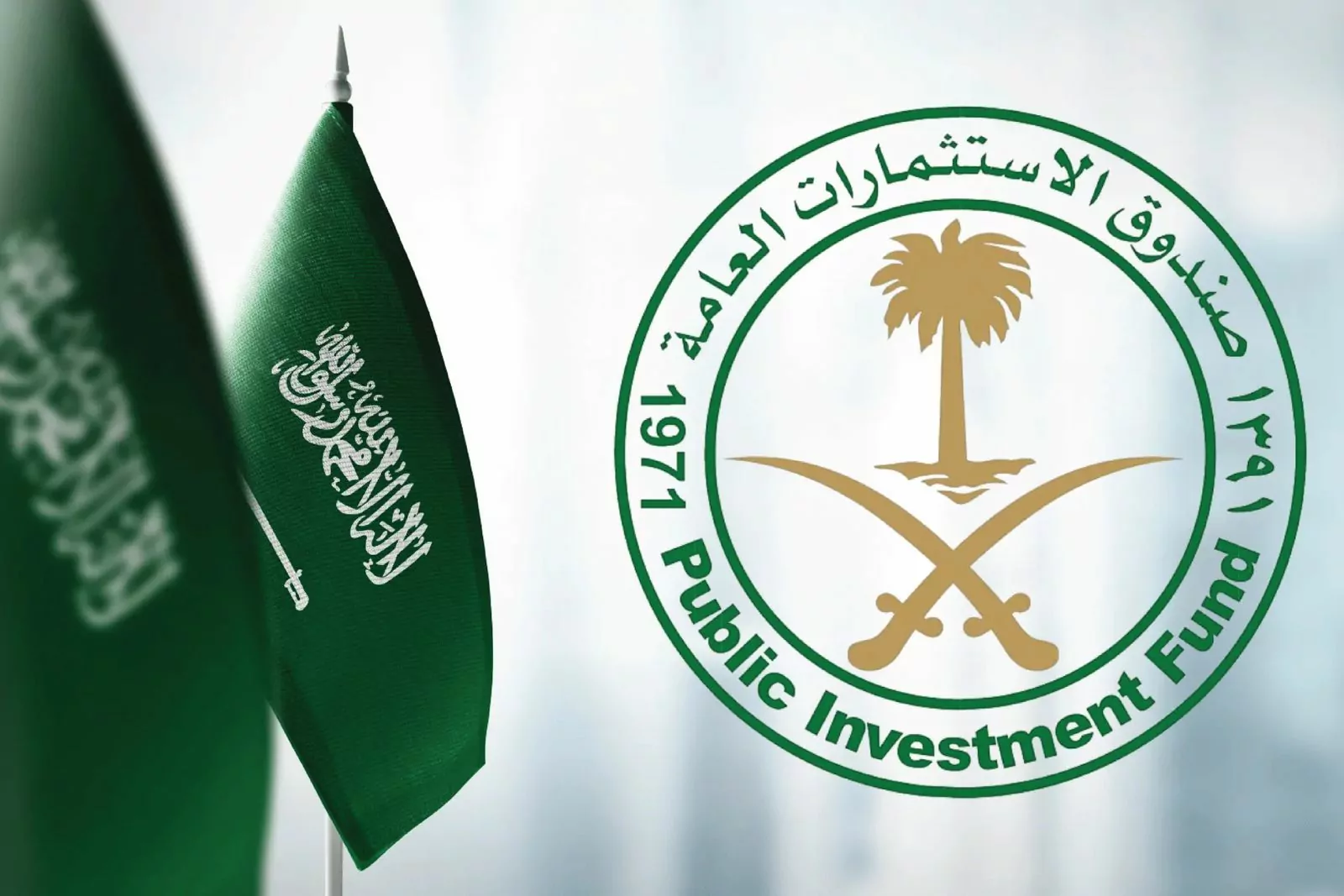Saudi Arabia’s PIF recalibrates spending strategy
Sovereign wealth fund is slashing budgets for its ambitious mega projects, triggering lay-offs.
Saudi Arabia’s Public Investment Fund (PIF) is cutting back on its spending in 2025, as it recalibrates its approach to funding the country’s numerous mega projects and ambitious economic transformation agenda.
The $925bn sovereign wealth fund has imposed spending cuts of at least 20% in 2025 across its portfolio, which includes many companies developing mega projects, according to a report by Arabian Gulf Business Insight (AGBI).
No mega project has been frozen or scrapped entirely, but some budget cuts have been as high as 60%, reported AGBI. A $5bn contract at Neom, the $500bn futuristic city on Saudi’s Red Sea coast, which was set to be awarded in December was also cancelled.
PIF’s belt-tightening comes as falling oil prices have contributed to Saudi Arabia’s government widening fiscal deficit, expected to be 2.3% of GDP in 2025, revised up from 1.6% in its 2024 budget. Saudi oil giant Aramco has cut its expected total dividend payment for 2025 to $85.4bn, meaning less of this money will flow to the government budget (82%) and PIF (16%), according to a Fitch analysis based on their equity stakes.
“Saudi Arabia has a twin deficit for 2025 with mounting pressure of economic slowdown, lower oil revenues and what has created lower trade surplus as imports for government projects surged,” says Karen Young, a senior fellow at the Middle East Institute, a think tank.
Pat Thaker, editorial director for Middle East and Africa at the Economist Intelligence Unit, says she expects “several large-scale initiatives may be re-evaluated, postponed or even scrapped due to financial limitations”.
Some PIF-funded mega projects, including Neom and the Red Sea tourism development, have reportedly laid off staff in this context. “Companies overseeing the giga-projects have begun quietly slashing personnel costs, letting some employment contracts expire without renewal and even laying off staff in units facing the steepest cutbacks,” says Racha Helwa, director of Rafiki Hariri Center at the Atlantic Council.
But recruiters who support PIF and its portfolio companies note that hiring is still happening in mega projects with clearer returns on investment. “This is the Elon Musk moment for Saudi,” says Trefor Murphy, CEO of Copper Fitch, likening this to the efficiency drive in the US government.
A GCC-based real estate consultant, who asked to remain anonymous, says that some PIF entities have struggled to get the private sector on board with their offering and business model. “There are dozens, if not hundreds, of new master-plans by PIF entities, but the private sector isn’t that keen on them because they don’t make economic sense,” they said.
Part of PIF’s recalibration is to focus on other major infrastructure projects needed for upcoming international events including the Asian Winter Games starting in 2029, followed by Expo 2030 and the football World Cup in 2034. Investors and consultants who spoke to fDi argue this readjustment is necessary to crowd in more private capital and ensure ambitious mega projects make more economic sense.
“The investment efforts have simply been reallocated to favour investment that will help drive industrial development and economic development in the short term,” says Ali Raza, chief investment officer of Saudi Arabia Holding, a private holding company with diversified interests across the country.
“Recalibration is overall positive as it will strengthen focus on economic viability of each project” when they are looking for private investment, says Claus Peter Rees, a UAE-based adviser.
But even as the country has become a major destination for multinationals’ expansion, overall FDI flows stood at SR16bn ($4.27bn) in the third quarter of 2024, down by 21% on the same period a year earlier, according to the General Statistics Authority.
PIF, which Bloomberg reported plans to increase is annual capital deployment to up to $70bn, has tapped into a wider array of investors to fund the mega projects across the country. In March, it signed a memorandum on understanding (MoU) with Goldman Sachs to create funds to invest in Saudi Arabia and the wider Gulf region.
This follows major co-investment deals signed with other money managers like Brookfield and BlackRock to set up Saudi-focused investment funds. PIF also signed an MoU with multiple Japanese financial institutions worth up to $51bn, including Mizuho Bank, MUFG Bank and Sumitomo Mitsui Financial Group, to help support funding via its local capital markets.
fDi Markets





